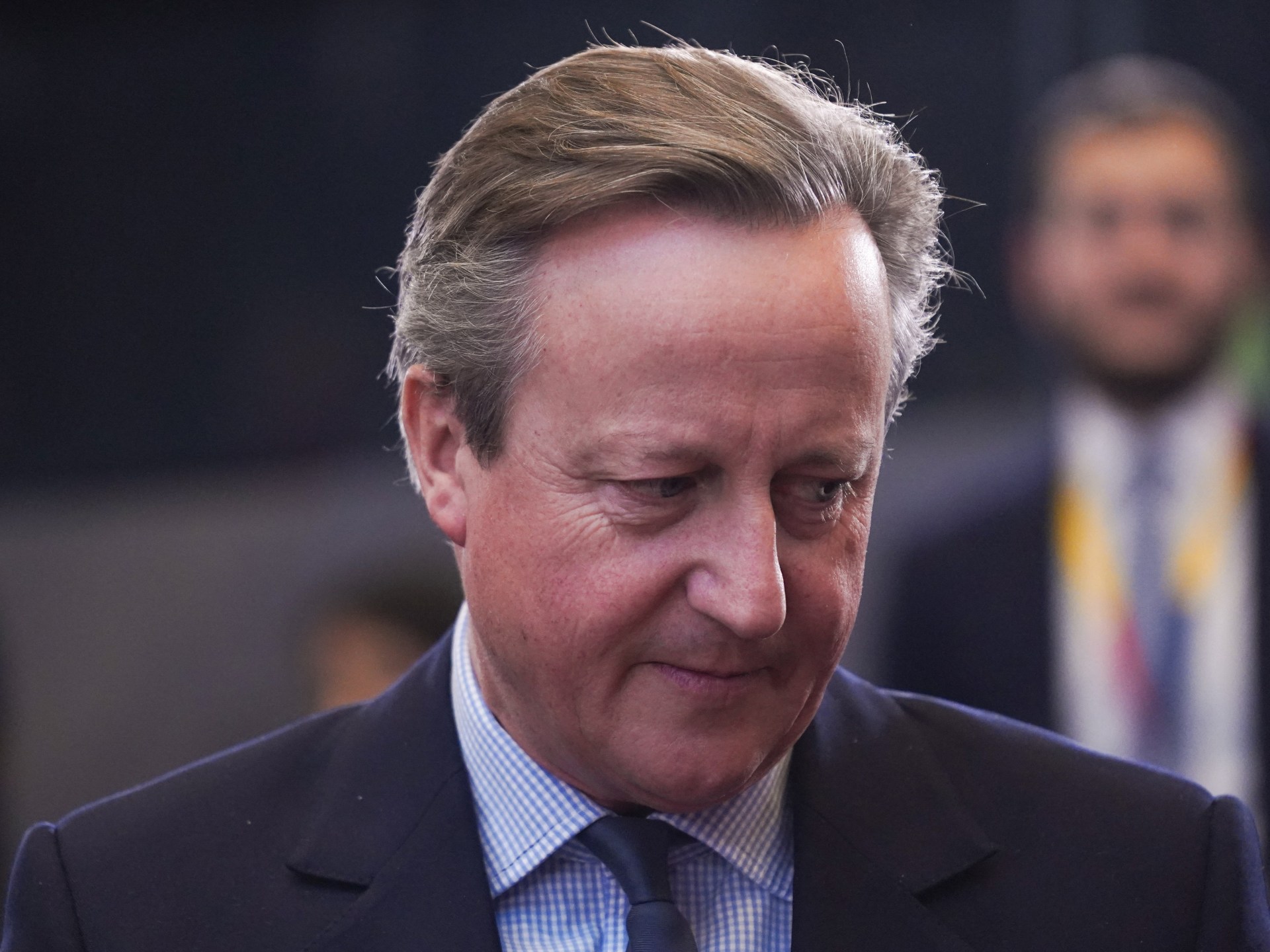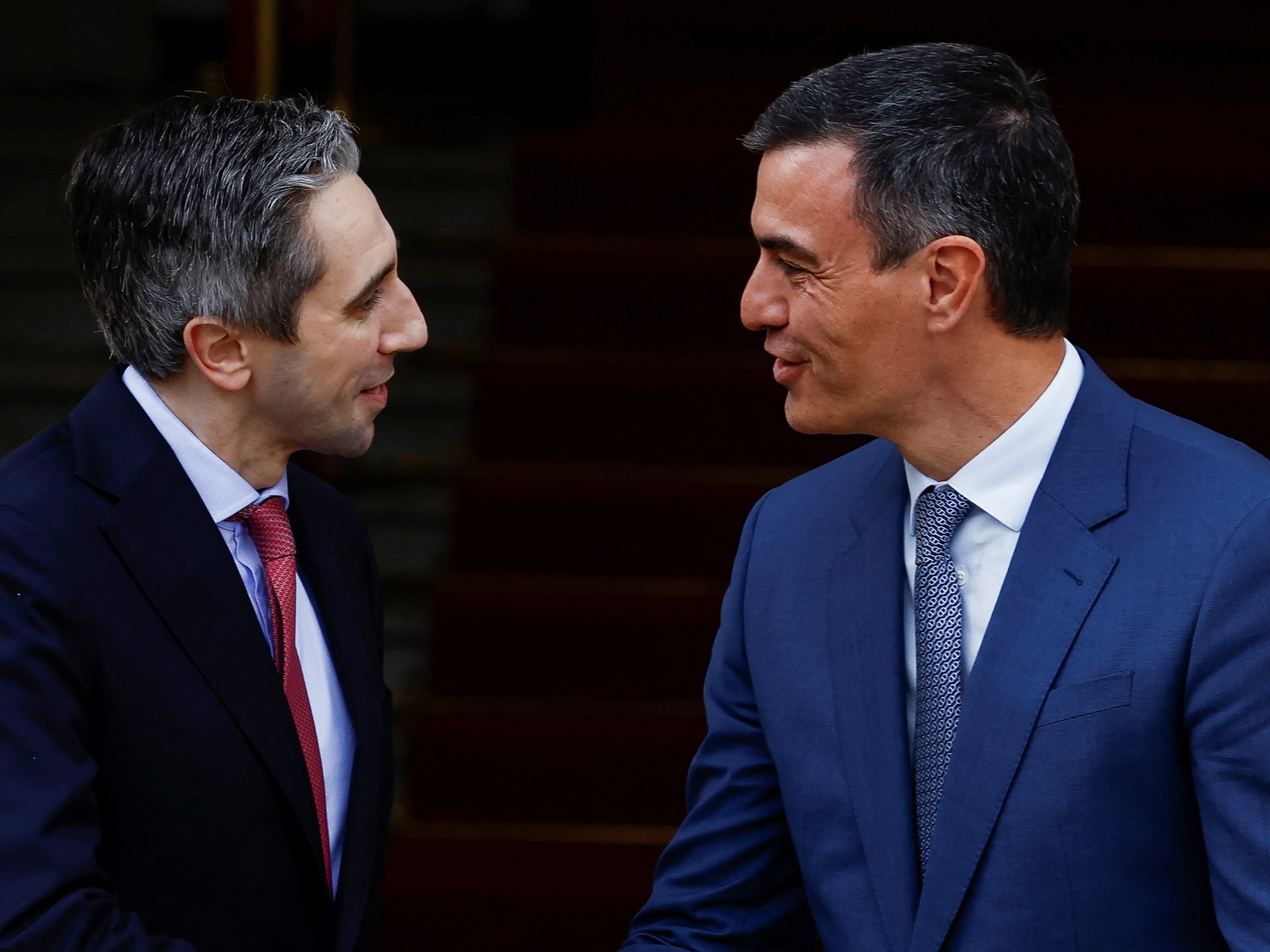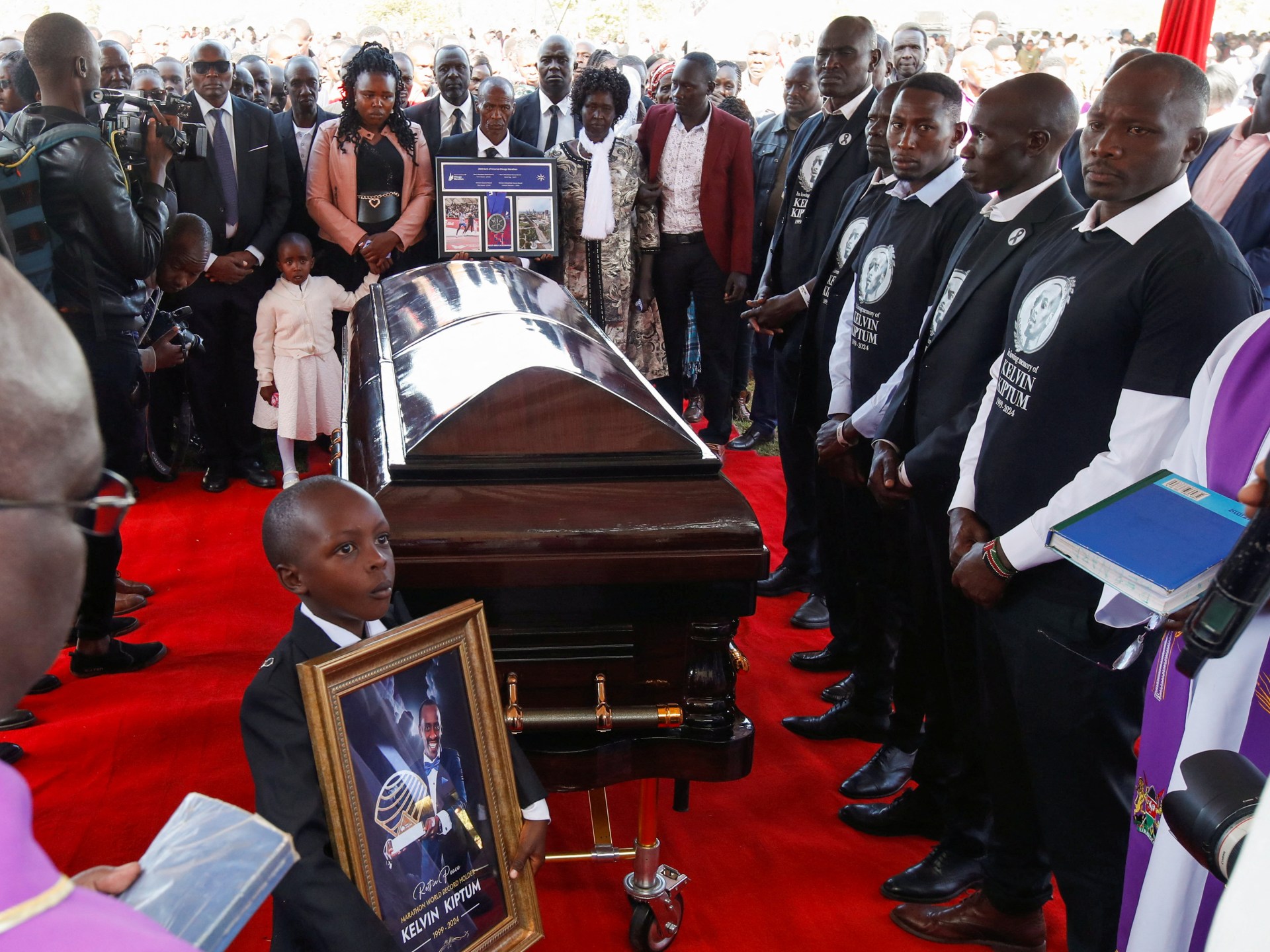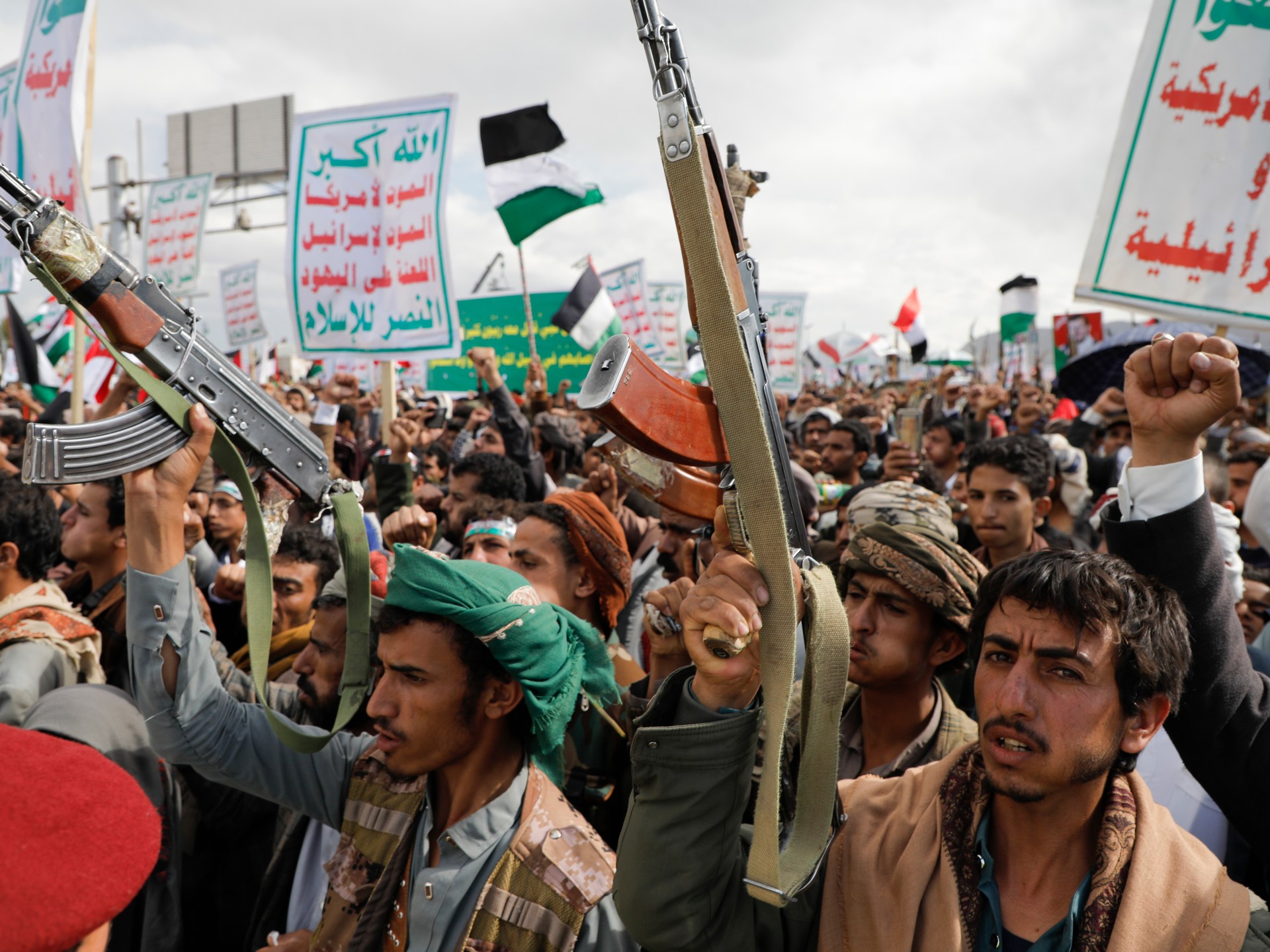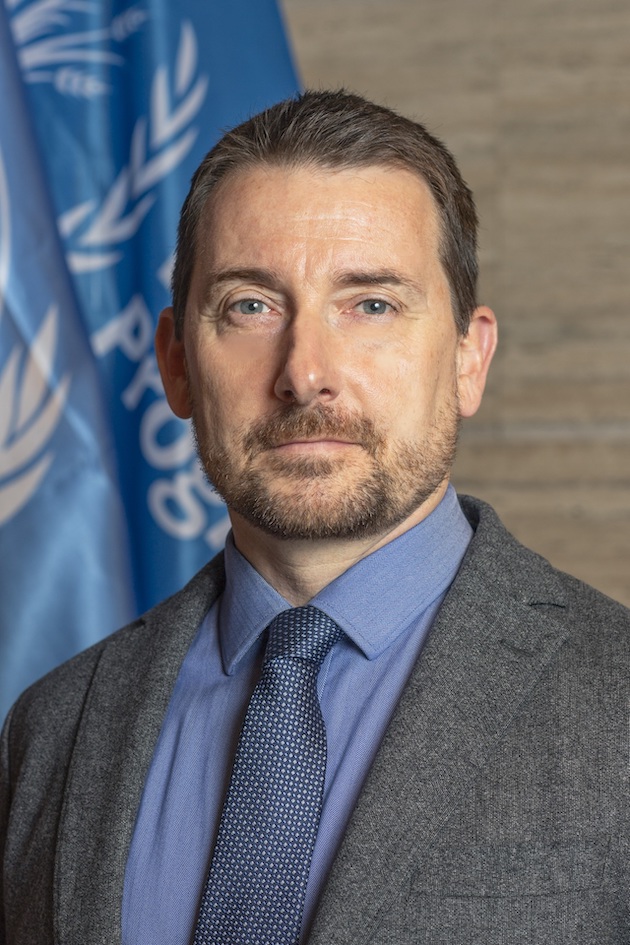Ecuador votes for president after candidate Villavicencio’s assassination
Instead, voters chose Daniel Noboa, a 35-year-old former lawmaker and son of a well-known businessman, whose message appeared to cut through the political fighting in this South American nation, analysts say. Noboa won about 24 percent of the vote, according to preliminary results. In third place was journalist Christian Zurita, who replaced Villavicencio and ran on a ballot that had already been printed with the late candidate’s name.
Noboa’s performance in a debate last week, just days after the killing of Villavicencio, appealed to undecided voters who were tired of the fierce political battle that has long consumed Ecuadoran elections — between supporters and opponents of Correa, said Caroline Avila, an Ecuadoran analyst and expert in political communication.
“There is no specific promise,” Avila said of Noboa. “He is not the security candidate. But he is the candidate that offers a refreshing, young kind of politics that isn’t stained with conflict.”
The presidential vote was unusual from the start. President Guillermo Lasso triggered the fast-track election in May after dissolving the legislature and moving to rule by decree in a last-ditch effort to avoid impeachment. Lasso, one of the few remaining conservative leaders in the region, was the first Ecuadoran president to apply a constitutional move known as a muerte cruzada — roughly, “mutual death.” The device allows the president to dissolve the legislature but also triggers new elections, including for the executive branch. (Lasso declined to run).
Then, on Aug. 9, presidential candidate Fernando Villavicencio was fatally shot in the head by a hit man while leaving a campaign rally in northern Quito. His death, the first assassination of a presidential candidate in Ecuador, stunned the nation, dramatically shifted the election cycle, and marked a turning point for a country that has begun losing control of its cities and prisons to violent criminal organizations.
“There is a certain feeling of insecurity,” said Byron Torres, a 45-year-old doctor voting in northern Quito on Sunday morning. “Normally when we vote, we go out as a family. Today, I decided to leave my daughters at home.”
Amid threats of violence on election day, around 100,000 security forces were deployed across the country to maintain order. Authorities did not report any major incidents at the polls.
But officials said the country’s elections faced a different kind of threat Sunday. Ecuador’s electronic voting system for those living abroad suffered cyberattacks in seven countries: India, Bangladesh, Pakistan, Russia, Ukraine, Indonesia and China, said Diana Atamaint, president of Ecuador’s electoral council. The attacks did not affect the consigned votes, Atamaint said, but they did prevent thousands of voters from registering and accessing the system throughout the morning. More than 400,000 Ecuadorans abroad were eligible to vote in the election.
Intelligence reports provided to The Washington Post confirmed the credentials to access the electoral system were sold on the dark web. The hackers uploaded a tool so that anyone could attack the system, according to intelligence officials.
Since Villavicencio’s assassination, the candidates focused on tough-on-crime approaches to bringing control to the prisons, boosting police capabilities and rooting out corruption in the country.
“The candidates basically end up offering an iron fist without a clear strategy other than the presence of the armed forces in the street,” said Fernando Carrión, a political scientist at the Latin American Faculty of Social Sciences in Ecuador.
Squeezed between the world’s two biggest cocaine producers, Colombia and Peru, this South American nation has become a key transit point for the trafficking of drugs to the United States and Europe. Mexican cartels and Albanian mafias have swept in, working with local criminal groups to compete for control of smuggling routes. Those groups have turned the country’s prisons, streets and ports into battlegrounds, bringing record levels of homicides and terrorizing residents with car bombs, extortion and kidnappings.
The next president will have very little time to introduce any solutions to the insecurity — only the 18 months remaining of Lasso’s term. To win outright on Sunday, a candidate needs to clinch more than 50 percent of the vote or at least 40 percent with a 10-point lead over the closest rival. With tight polls and a crowded field of candidates, a runoff election is expected to take place Oct 15.
Most polls showed three candidates leading a field of eight: González; Otto Sonnenholzner, a vice president during the administration of Lenín Moreno; and Jan Topic, a tough-on-crime businessman.
González, the only woman in the presidential race, held a wide lead earlier this month, riding a wave of wins for Correa’s party in local elections earlier this year. Her message has largely centered on bringing back the prosperity and relative safety of the Correa years. But her lead slipped after the assassination, and polls showed a swell of support for more right-leaning candidates promising to crack down on crime, such as Sonnenholzner and Topic. The messages, particularly from Topic, often echo those of controversial Salvadoran President Nayib Bukele, who has been praised and criticized for using mass incarceration to bring down the murder rate in El Salvador.
Several people voting at a military high school in northern Quito said they were supporting Zurita in Villavicencio’s absence. Anabela Chacón, a 22-year-old English student, said she had planned to vote for Villavicencio and is glad Zurita’s proposals have aligned closely with those of the late candidate.
Still, some voters in Quito said they were afraid even to show up to vote, which was mandatory for adults ages 18 to 64.
“We’re used to living like this now, with that fear of always checking who is next to you, who is behind you,” said Betsabé Molina, 42.
On Sunday, she voted for Gonzalez, a candidate she believed could bring the kind of leadership she admired during the Correa years.
Others, like 35-year-old Veronica Proaño, have little hope that any of the candidates will be able to bring an end to the violence. Sipping on coffee at a bakery around the corner from the site of Villavicencio’s killing, Proaño said she was still undecided.
The psychologist and mother of three said she wishes she could leave the country to raise her children elsewhere. She said she was recently robbed at her front door by a man on a motorbike who told her to hand over everything.
Juana Racines, 65, who runs a catering business nearby, said she regretted voting for Lasso in the last election. She said his presidency was “weak” and did little to stop the drug violence from growing. She had supported Villavicencio and was now leaning toward Topic, a political outsider who has touted his experience with his security company and as a former sniper and soldier in the French Foreign Legion.
“We don’t believe in politicians anymore,” she said. “We need someone with strength, with bravery, who will help us get out of this.”
Check out our Latest News and Follow us at Facebook
Original Source


